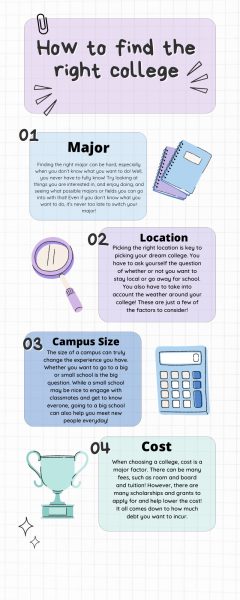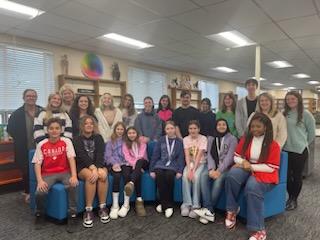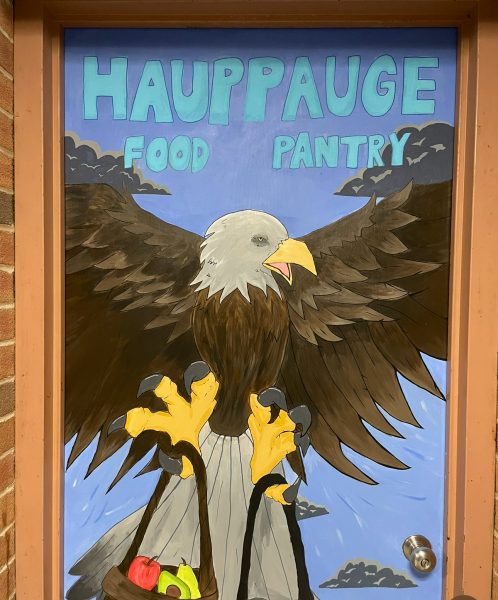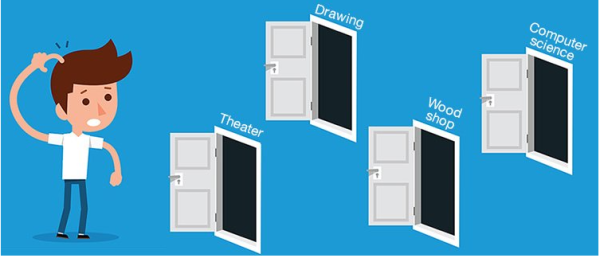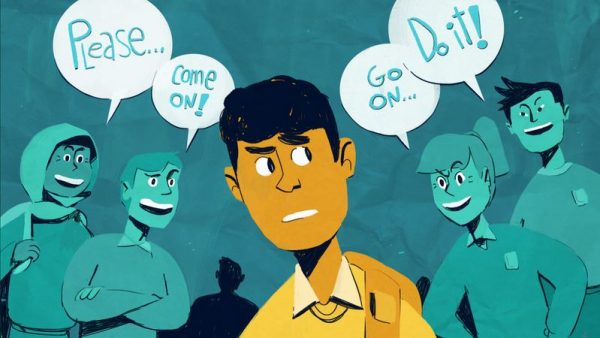Are Adults Protecting or Harming Us? By: Anna Chiquitucto

Do you hate when adults treat you like the internet is “bad”? Do you feel like adults think you don’t know the dangers of the internet? Do you want your voice to be heard? Do you feel like your opinions and feelings are less valuable to society? Do you feel like you have the right to have unlimited access to the internet? As the newer generations grow older, the older generations of adults and parents are less in touch with the social aspects of how significant social media shapes these new generations of children. Although parents and adults are right to restrict what access children have to the internet, total internet censorship can be more harmful than good.
and parents are less in touch with the social aspects of how significant social media shapes these new generations of children. Although parents and adults are right to restrict what access children have to the internet, total internet censorship can be more harmful than good.
“Young people on social media are regularly exposed to violence, self-harm, profanity, porn, hate speech, and even violent live streams. During the pandemic, reports have found that 47% of children and teens have seen content they’d rather avoid, leaving them feeling uncomfortable (29%), scared (23%), and confused (19%). Sixty-one percent of parents whose kids watch YouTube say their child has encountered content they felt was unsuitable for children.”(Digital Censorship Bills Pose Risks to Kids).
Yes, many of these encounters are due to lack of supervision, but the main issue in protecting and censoring content from children will not stop them from seeing this uncomfortable and scary content on the internet. Young teens and kids do not like feeling as if they are inferior and that they can’t comprehend what they are being told. They want to be respected and heard by adults; when they are told they are too young to understand, the natural reaction is for them to not want to listen. Instead of total unrestricted access, kids should have informed access. Kids should be given more tools to understand better when they have access to the internet. When kids have access to the internet, they may not have the knowledge to tell whether the source they are looking at is reliable.
told they are too young to understand, the natural reaction is for them to not want to listen. Instead of total unrestricted access, kids should have informed access. Kids should be given more tools to understand better when they have access to the internet. When kids have access to the internet, they may not have the knowledge to tell whether the source they are looking at is reliable.
Kids develop opinions based on algorithms of what advertisers want them to feel and think. The mass scale of the skewed opinion, mass mob mentality, and misinformation is creating a generation of people who are polarized by their opposing values and opinions; and those with the loudest voices are generally the ones misinformed by social media news. Media is designed to lead users to conclusions based on what they want them to feel. Having opinions based on platforms that are designed to make money off of their users is part of the problem of these polarizing and misinformed opinions.
This root of the problem can be solved with helpful and encouraging discussions to push children in the right direction; creating a new generation of children who are able to filter misinformation and distinguish what is real or fake. Don’t discourage the use of the internet completely; don’t treat them  like babies; give the children and teens of this generation respect, while giving them tools and resources to push them on their own to become more mature to understand what they are looking at online. Not enough kids have the right resources and tools until high school when they already have developed their own opinions and had all of this unpleasant and biased information thrown at them from a young age. They need to learn to question what they are looking at and interact with to develop a stronger, more well-informed opinion rather, and they need their parents’ help to do this.
like babies; give the children and teens of this generation respect, while giving them tools and resources to push them on their own to become more mature to understand what they are looking at online. Not enough kids have the right resources and tools until high school when they already have developed their own opinions and had all of this unpleasant and biased information thrown at them from a young age. They need to learn to question what they are looking at and interact with to develop a stronger, more well-informed opinion rather, and they need their parents’ help to do this.
By: Anna Chiquitucto

